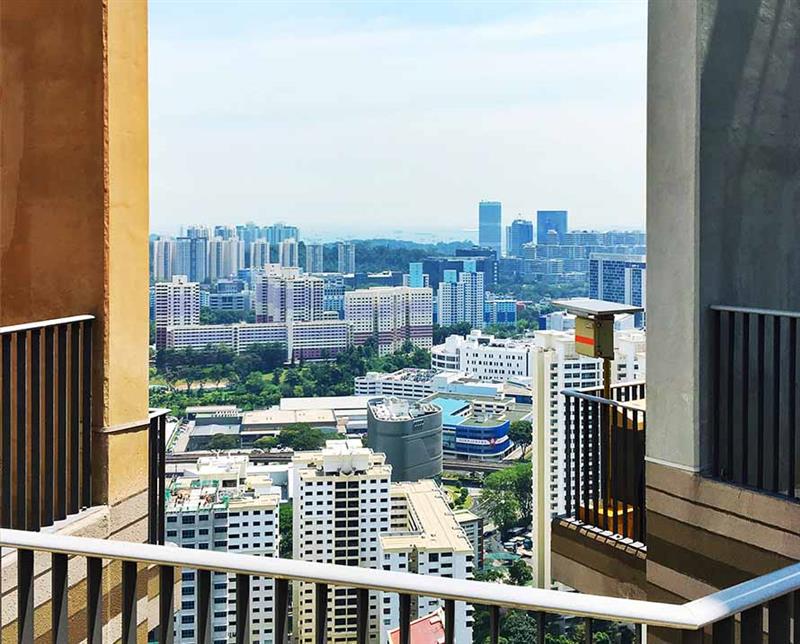Buying a top floor flat? Discover the pros, cons, and essential checklist before you invest. From roof leakage, insulation, and lift reliability to fire safety, resale value, and legal rights—this guide helps you make a smart, risk-free choice. Perfect for anyone comparing top floor vs middle floor flats.

Buying a flat on the top floor comes with its own charm—panoramic views, privacy, and often better ventilation. But along with the benefits, there are hidden risks you need to evaluate carefully before making a purchase. Unlike middle-floor flats, a top-floor apartment is directly exposed to weather and structural pressures, which can affect your comfort, maintenance costs, and even resale value.
If you’re considering one, here’s a detailed inspection checklist and buying guide that highlights what you must check before sealing the deal.
Why People Choose Top Floor Flats
But the same reasons that make them attractive—height, exposure, and prestige—can also create challenges like excess heat, roof leakage, and higher maintenance. That’s why due diligence is key. Many homebuyers choose top floors for the privacy, light, and views they provide. In projects like Pimento Garden, the combination of lush surroundings and elevated living makes top-floor apartments feel more premium and peaceful, giving residents the sense of a private retreat above the city. Still, buyers must weigh the disadvantages of top floor apartments carefully against the perks.
Top Floor Flat Inspection Checklist: Key Things to Verify
When deciding between top floor vs middle floor flats, you need to consider lifestyle and long-term costs. Top floors offer privacy, views, and prestige, while middle floors often score higher in terms of convenience, accessibility, and lower maintenance. If your priority is comfort and ease, middle floors may suit you better. But if you value exclusivity and open views, a top floor flat could be ideally provided you address the risks like leakage, insulation, and elevator dependency.
Since your flat sits right under the roof, you must check:
Tip: If possible, request building maintenance records about roof repairs.
Top-floor flats heat up faster in summer and may retain humidity during rains. Check for:
Without proper insulation, you may spend a lot on air conditioning later—one of the disadvantages of top floor apartments if not managed.
Living on the top floor means you rely heavily on lifts. Verify:
Top floors take longer to evacuate during emergencies. Always check:
Think about your daily lifestyle:
Location plays a big role too. A centrally placed project makes it easier to balance the exclusivity of top floors with daily convenience. Developments such as Pepper Vine show how being well-connected can take the hassle out of higher-floor living.
Many top floors are affected by:
Take a trial visit during evening or peak hours to notice such issues.
This is often overlooked but very important:
Check the sale deed for clarity before buying.
Before finalising, ensure:
Top floors may cost more at the time of purchase but resale demand varies.
Region-Specific Considerations in India
Tips to Mitigate Risks of Top Floor Flats
If you love the top floor but worry about challenges, here’s how to balance them:
Summary: Should You Buy a Top Floor Flat?
Top floor flats can be an excellent choice if you want privacy, views, and prestige—but only if the building is well-constructed and maintained.
Quick recap of what to check:
With the right inspection and documentation, you can enjoy the perks of a top floor flat while avoiding costly surprises later.
Frequently Asked Questions
Yes, but good insulation and ventilation can solve most heat issues.
They can, especially in areas with heavy rainfall. Always check roof repair history.
It depends on the city. In metros, top floors may sell at a premium; in smaller towns, middle floors are more in demand.
Not always. Roof rights depend on builder policies and must be clearly written in the agreement.



More Comfortable, More Classy.


We have received your message and will get back to you as soon as possible. If you have any questions, please feel free to contact us directly.
Close